The News
Google has launched Gemini Enterprise, a unified platform that acts as the “front door” for AI in the workplace, delivering the best of Google AI to every employee via a single chat interface. Gemini Enterprise helps businesses automate processes and operationalize AI safely and at scale by integrating six key components: Gemini models, a no-code workbench, pre-built and custom agents, secure data connectivity, governance controls, and an open partner ecosystem.
Analysis
AI Platforms Are Consolidating, and Context Is the Differentiator
The release of Gemini Enterprise reflects a larger consolidation trend across the AI-native enterprise ecosystem. Businesses are moving away from disjointed toolchains and toward unified platforms that combine governance, workflow orchestration, and model access into a single interface. According to the Day 0 and Day 1 studies conducted by CUBE Research and ECI, 76.8% of organizations currently run GitOps pipelines for automation and governance, and 73.4% of organizations intend to invest in AI/ML tools within a year.
These patterns highlight an enterprise market that is prepared for multi-agent orchestration, where contextual governance connects models and data. One of the most enduring developer challenges (fragmented context across systems) could be addressed by Gemini Enterprise’s emphasis on data proximity and secure integration with tools like Salesforce, SAP, and Microsoft 365.
Governance and Security Become Differentiators
As AI becomes embedded in every business process, the ability to govern it is emerging as a critical success factor. theCUBE Research’s DevSecOps study found that 84% of organizations already automate security scanning, yet 41% still struggle with limited time and expertise to manage compliance. Gemini Enterprise’s centralized governance console, which provides visibility across all deployed agents and models, may provide a way to achieve operational consistency.
This is significant in light of Day 2 data, which shows 66.7% of enterprises credit AIOps with simplifying operations and accelerating scale, and 59.4% prioritize automation or AIOps to improve service delivery. AI automation and governance are merging into a single operational plane rather than developing as separate effortsGemini Enterprise’s governance-first design aims to address this convergence, making it easier for developers to innovate while maintaining the trust and compliance enterprises demand.
Market Momentum Favors Open Ecosystems
Openness and interoperability are quickly becoming competitive differentiators. Google’s commitment to a partner ecosystem of over 100,000 aligns with what we have identified as a top-three decision criterion for AI adoption: integration flexibility and open standards. With 86.1% of enterprises planning to use open source in the next 12 months and 48.8% already using it extensively, the demand for composable, transparent systems is clear.
Gemini Enterprise is positioned to benefit from this openness trend thanks to its open architecture, which includes third-party connectors, custom extensions, and Google’s own agents. Without requiring a complete platform migration, it might help developers build a bridge between current toolchains and next-generation AI services.
How Developers May Approach AI Workflows Going Forward
Gemini Enterprise introduces a single control plane for agents, data, and governance, representing the next evolution in AI-native development. Developers gain access to Gemini CLI for code-level automation, while business teams can orchestrate no-code workflows.
However, developers will need to balance this accessibility with strong oversight. Our 2025 DevSecOps study found 84% of teams prioritize automated security scanning, but 41% cite limited time and training as barriers to secure practices. Gemini’s centralized governance model could help mitigate those risks, but adoption success will hinge on how seamlessly it integrates with existing DevOps pipelines and compliance policies.
Looking Ahead
The enterprise AI market is entering an “agentic era” where productivity gains depend on orchestration, not just model power. Google’s Gemini Enterprise blurs the line between development and business operations, offering an environment where AI agents can act across structured and unstructured data with governance built in.
As we have noted, the next wave of enterprise AI isn’t about building bigger models; it’s about operationalizing intelligence across the entire organization. Gemini Enterprise embodies that shift by turning AI from a set of disconnected tools into a governed, multi-agent ecosystem.
If Google can sustain its open-platform commitment (i.e., integrating seamlessly with both Google Cloud and third-party ecosystems) Gemini Enterprise could become a foundation for how developers, data scientists, and business users collaborate in the AI-ready enterprise.








